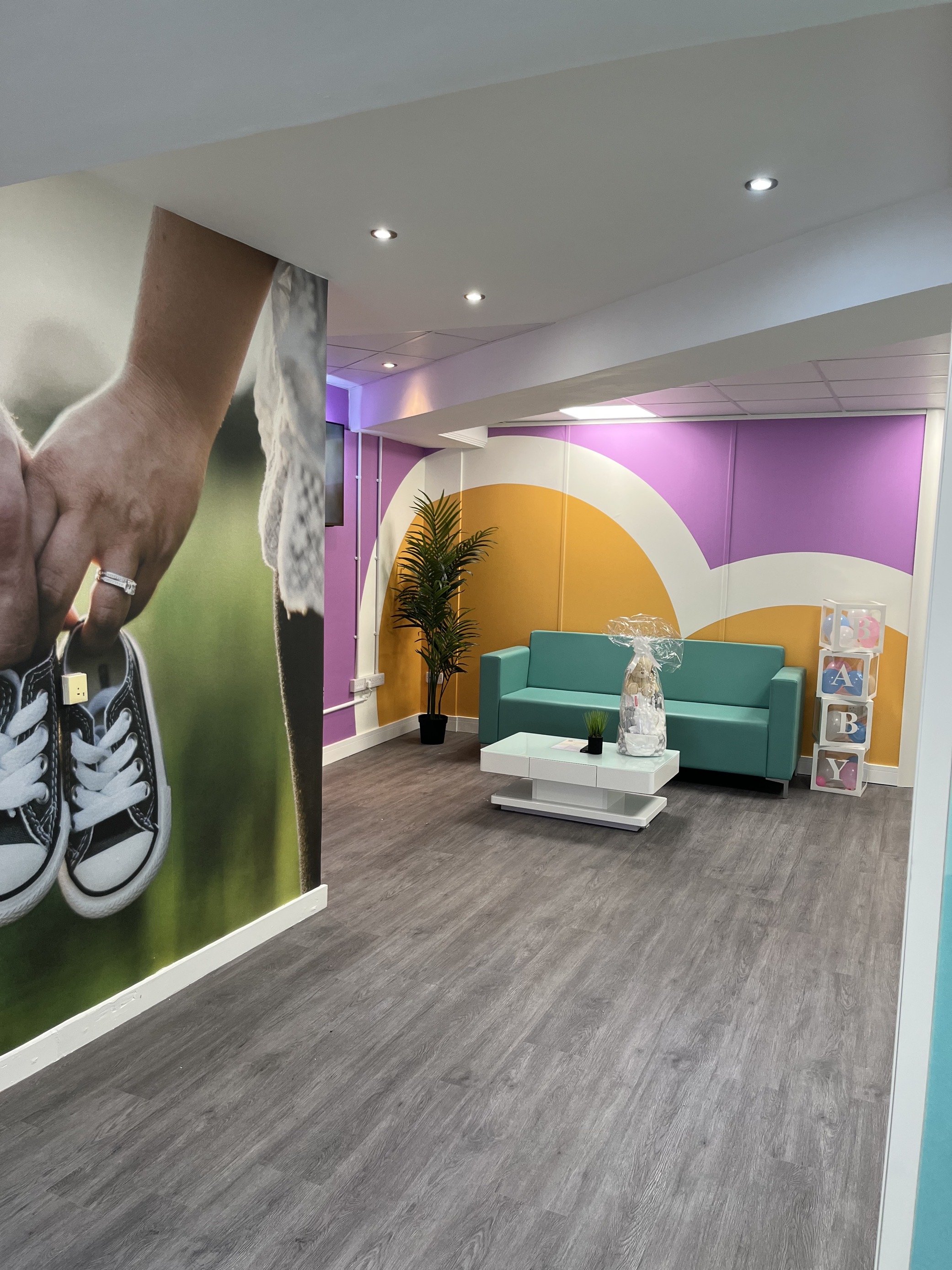
Cancer Screening
PreSENTIA hereditary cancer test panels can detect numerous inherited genetic changes (mutations) that could cause cancer in the future.

We Provide Parents With The Knowledge They Need To Make Informed Decisions In The Future
PreSENTIA offers an extensive portfolio of 19 hereditary cancer test panels. Each panel focuses on a set of genes that determine someone’s chances of developing a specific cancer in the future. The genetic changes in the genes that could cause cancer are inherited from parents to their children, and are present from birth.
Knowing that a person carries one of these genetic mutations can help them take preventative measures and plan a more informed clinical management. As a result, early detection of cancer can be achieved – which increases the chances of successful treatment – or prevention.
We also carry out NIPT blood testing and carrier screening.
What Does Cancer Screening Include?
20-minute appointment (40 minutes for couples)
Samples using a buccal swab
A scan report
All digital images emailed after the scan for free

Why Do We Recommend Cancer Screening?
Identifying the genetic change that could cause cancer in the future is useful for people with cancer in their family history, and for people suspected of having a hereditary form of cancer. This knowledge can help with better medical planning, avoiding risk factors and informing family members of their risk.

People Who Might Benefit From Genetic Testing Are Those Who Have:
Family members with cancer in the same side of the family
Multiple cancers in the same family member
Family members with early cancer onset
Family members with rare cancer types
A family member that has been diagnosed with a genetic mutation that has cancer susceptibility
Personal or family history of a hereditary cancer syndrome
FAQs
-
A mutation is a change that happens in the DNA that could possibly affect the health of an individual.
-
Genetic testing identifies changes in the DNA.
-
Cancer susceptibility, or predisposition, is the likelihood of being affected by cancer in the future. This depends on an individual’s DNA. There are certain inherited, genetic changes that raise someone’s risk of developing cancer in the future. This is because these changes happen in genes that are responsible for protecting the body from disease, and when they are affected, their protective role halts.
-
Germline mutations are changes in the DNA that are inherited from parents to their children. These changes are present from birth in all the cells in the body. Germline mutations are different from somatic mutations, which occur when a genetic change happens in the DNA due to exposure to risk factors – after a person is born. People with germline mutations in a cancer gene have a higher chance of developing cancer in their lifetime. If cancer develops due to a germline mutation, it is called hereditary cancer.
-
A hereditary screening test checks if an individual has an inherited, genetic change in a gene with high cancer susceptibility from birth. Identifying the mutation that could cause cancer in the future is useful for people with cancer in their family history, and for people suspected of having a hereditary form of cancer. This knowledge can help with better medical planning and avoiding risk factors.
-
You can decide on the best panel for you after considering the types of cancers that have affected your family members, any genetic changes that have already been diagnosed in one of your family members, and any symptoms exhibited.














